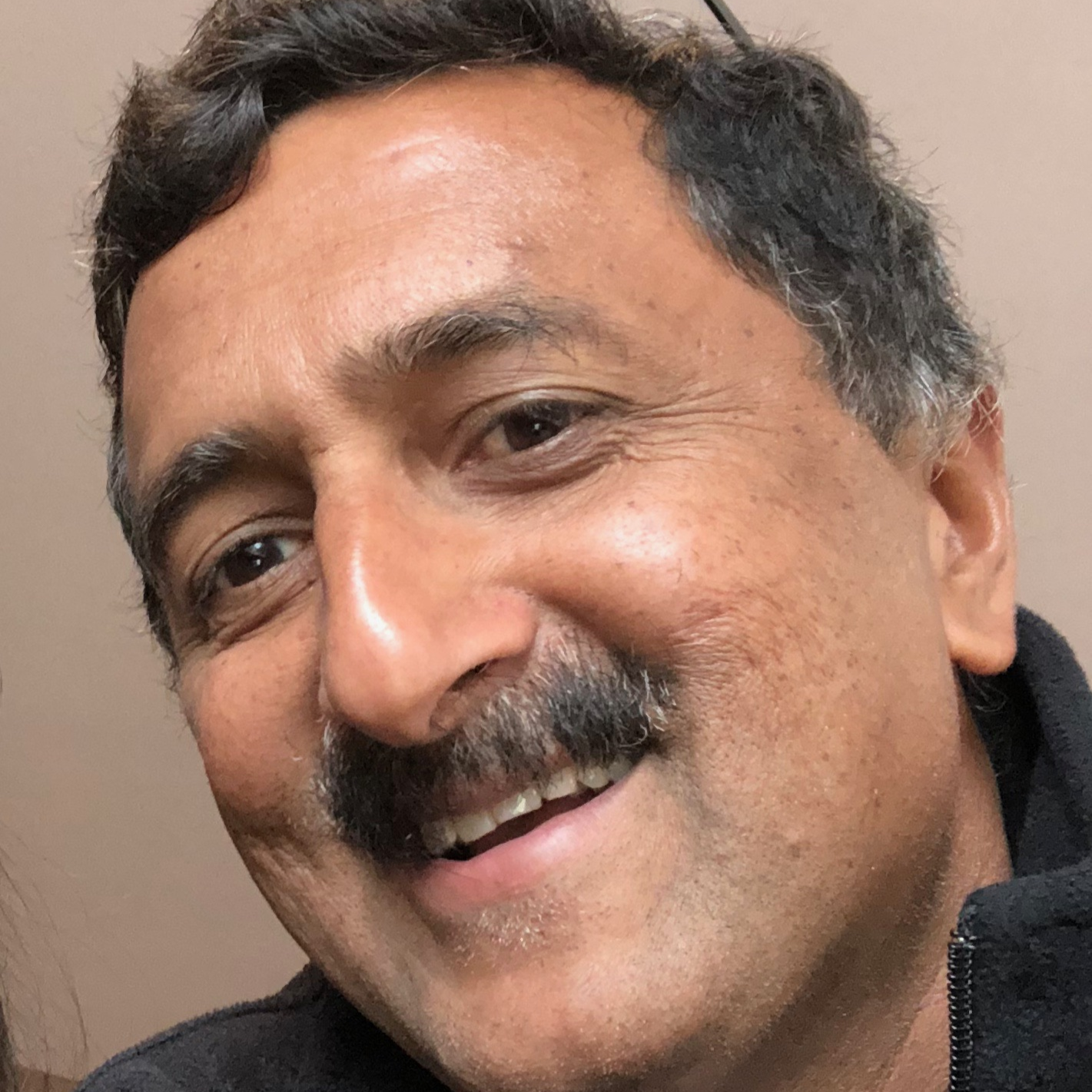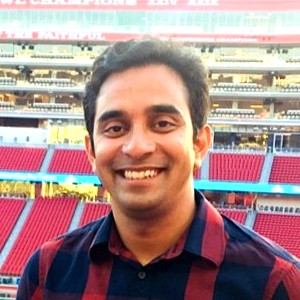
SSD Systems Architect - DMTS,
Micron Technology
Suresh Rajgopal is a storage technologist working on Enterprise SSD system architecture and storage deployment of AI solutions. He has been with Micron Technology since 2010, working in areas of Storage Systems for AI, SSD systems architecture, advanced power and packaging technology and ASIC development of flash controllers, for client, enterprise and managed NAND products.
0
0
0
0
0



